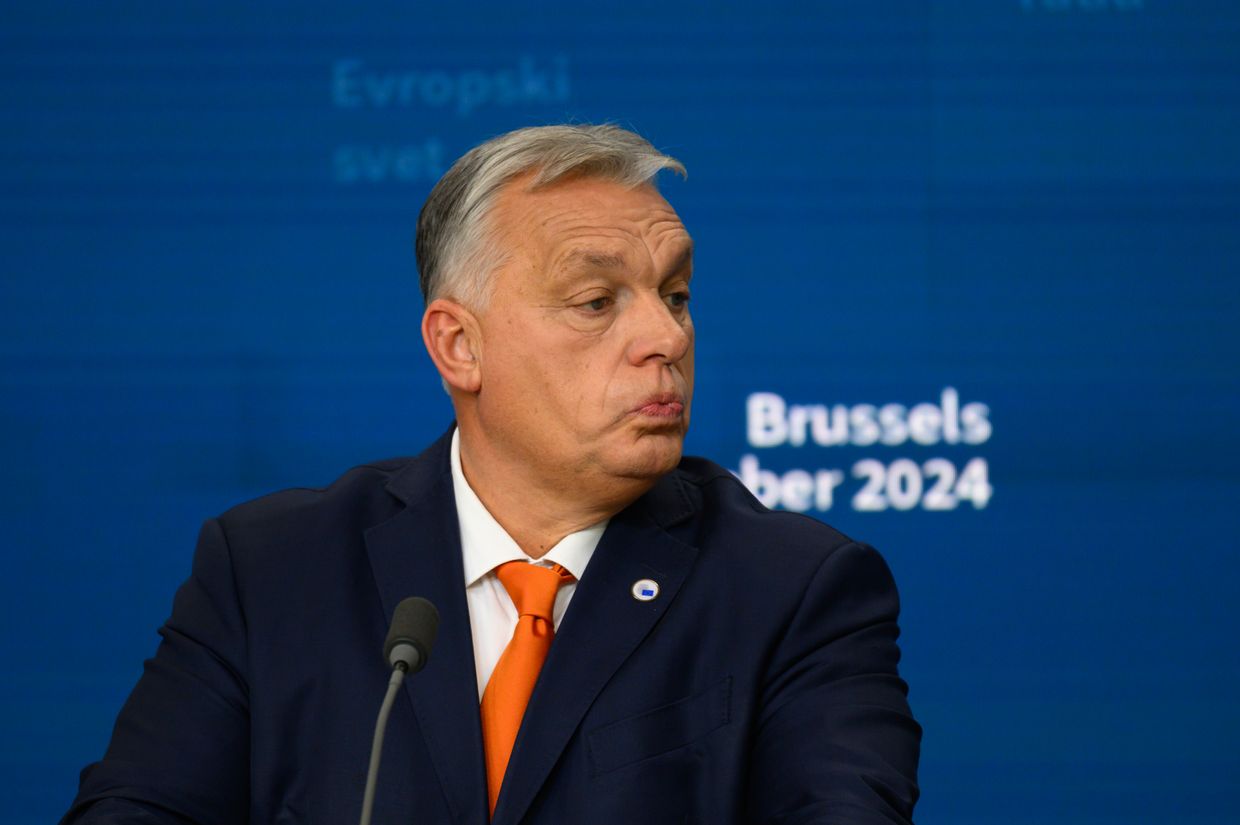Sanctions remain vital for maintaining international pressure on Russia, Deputy PM says

Sanctions against Russia remain a key tool of international pressure, Deputy Prime Minister and Justice Minister Olha Stefanishyna said on Feb. 19.
"The majority of sanctions, including almost all sovereign assets of the Russian Federation, are frozen specifically in the territory and jurisdictions of the European Union. Therefore, this is precisely the moment when we understand that this is not a reversible issue," she said to RBC-Ukraine at the opening of the Ukraine's Path to the EU in Illustrations, Posters, and Artworks exhibition.
Stefanishyna noted that Russia raising the issue of sanctions was unsurprising, as it had used similar leverage during negotiations over the Black Sea grain corridor agreement.
She expressed uncertainty regarding the position of the U.S. and its next steps, but appeared confident in the EU’s commitment to upholding sanctions.
"I am confident regarding the European Union. But, in principle, if we take into account the official statements of the US, particularly after the so-called consultations that took place (between the US and Russia), they did not appear radical," she said.
EU envoys approved the 16th package of sanctions against Russia on Feb. 19, and the measures are set to be officially endorsed by EU ministers on Feb. 24, the third anniversary of Russia’s full-scale invasion of Ukraine.
The newest sanctions package will target aluminum imports and the "shadow fleet" of oil tankers, referring to aging and poorly insured ships Russia uses to avoid sanctions on the oil trade.











